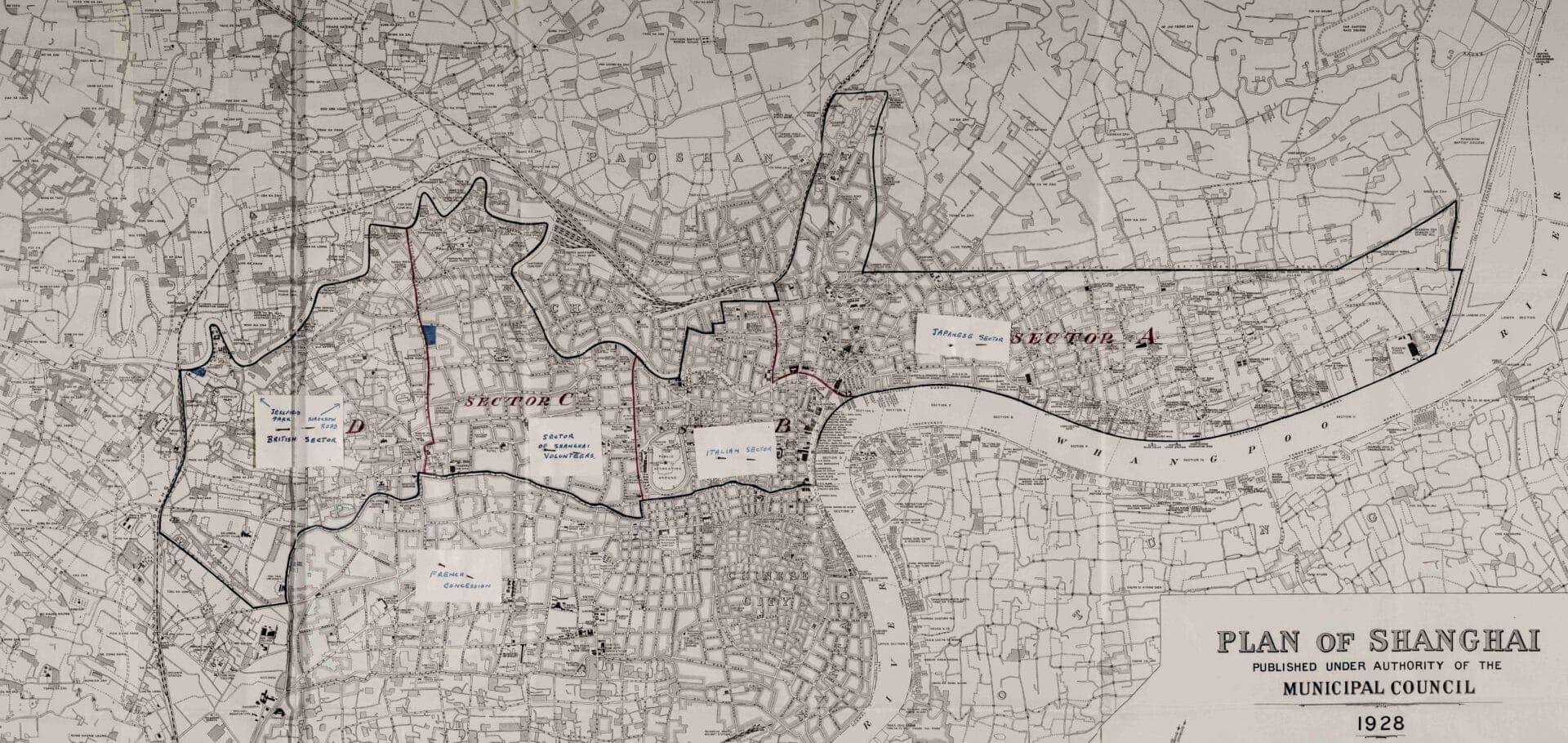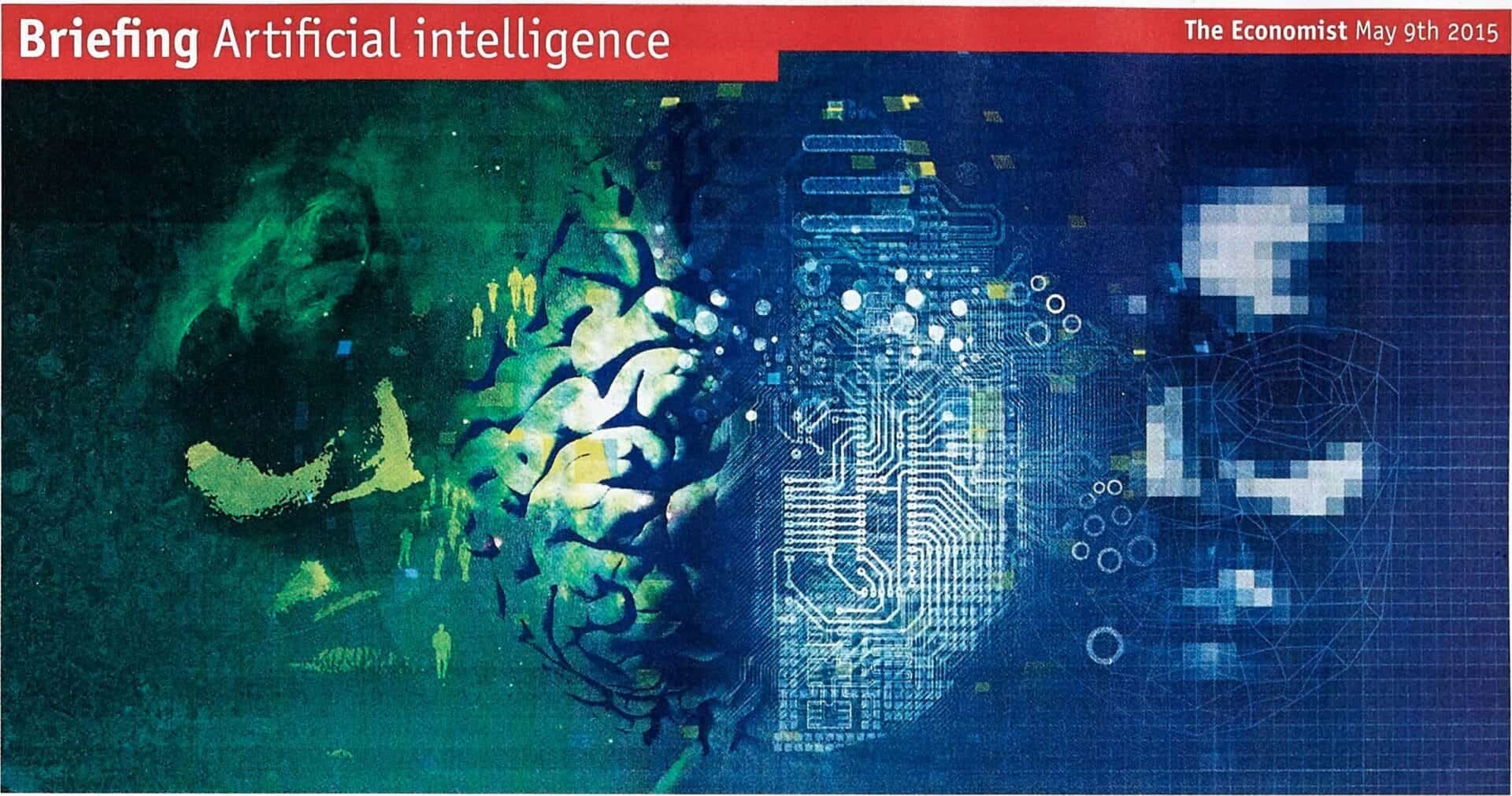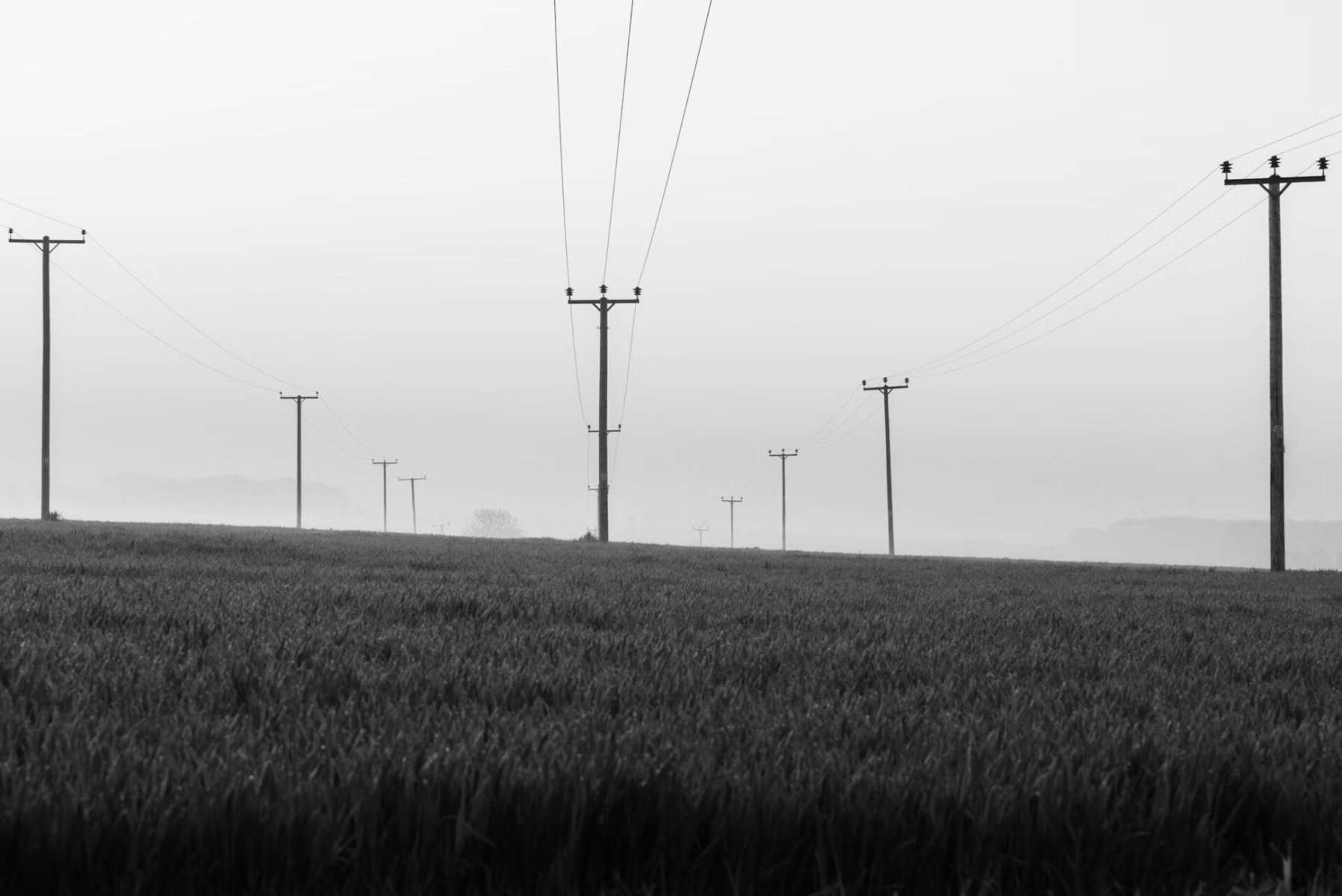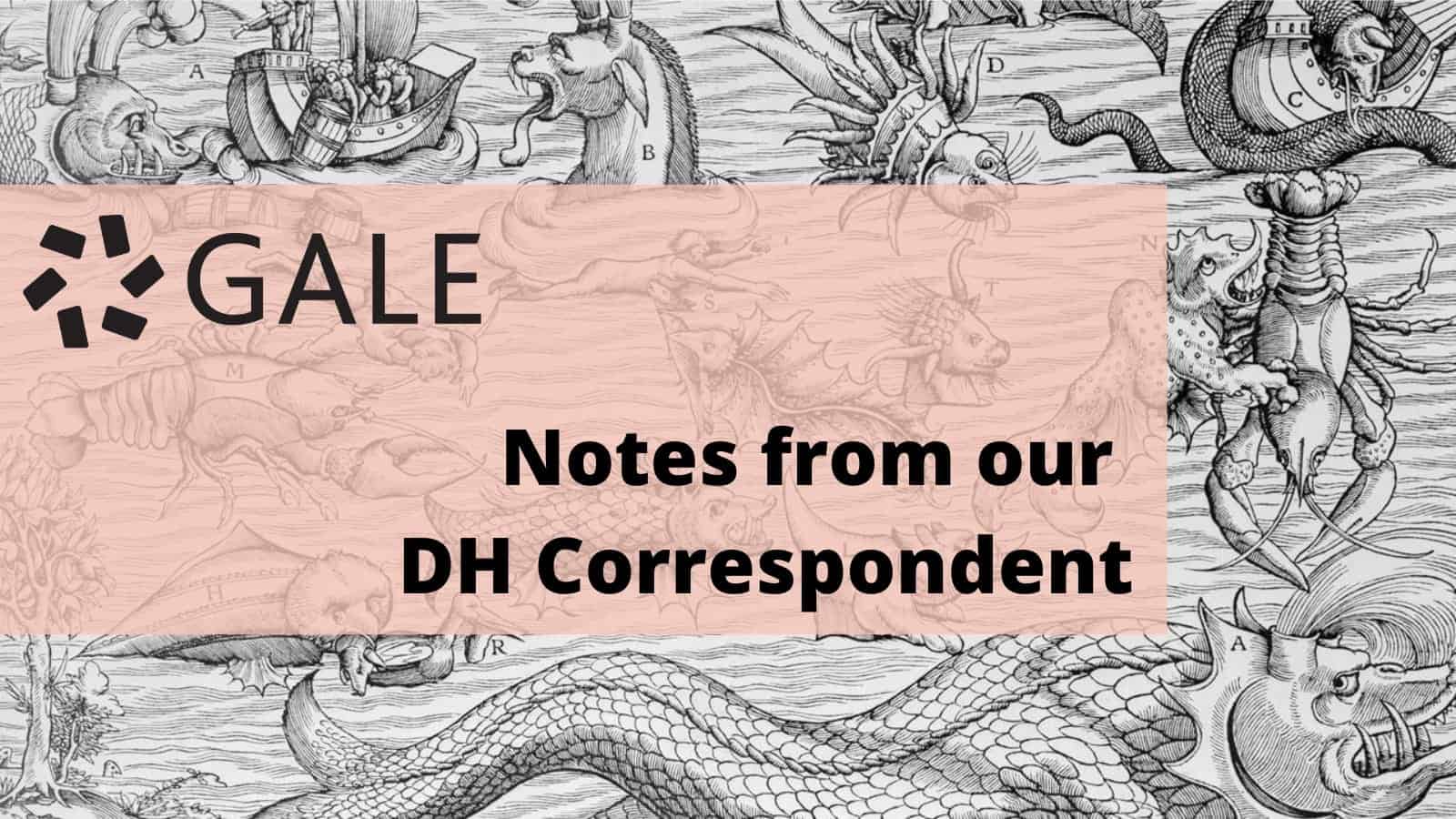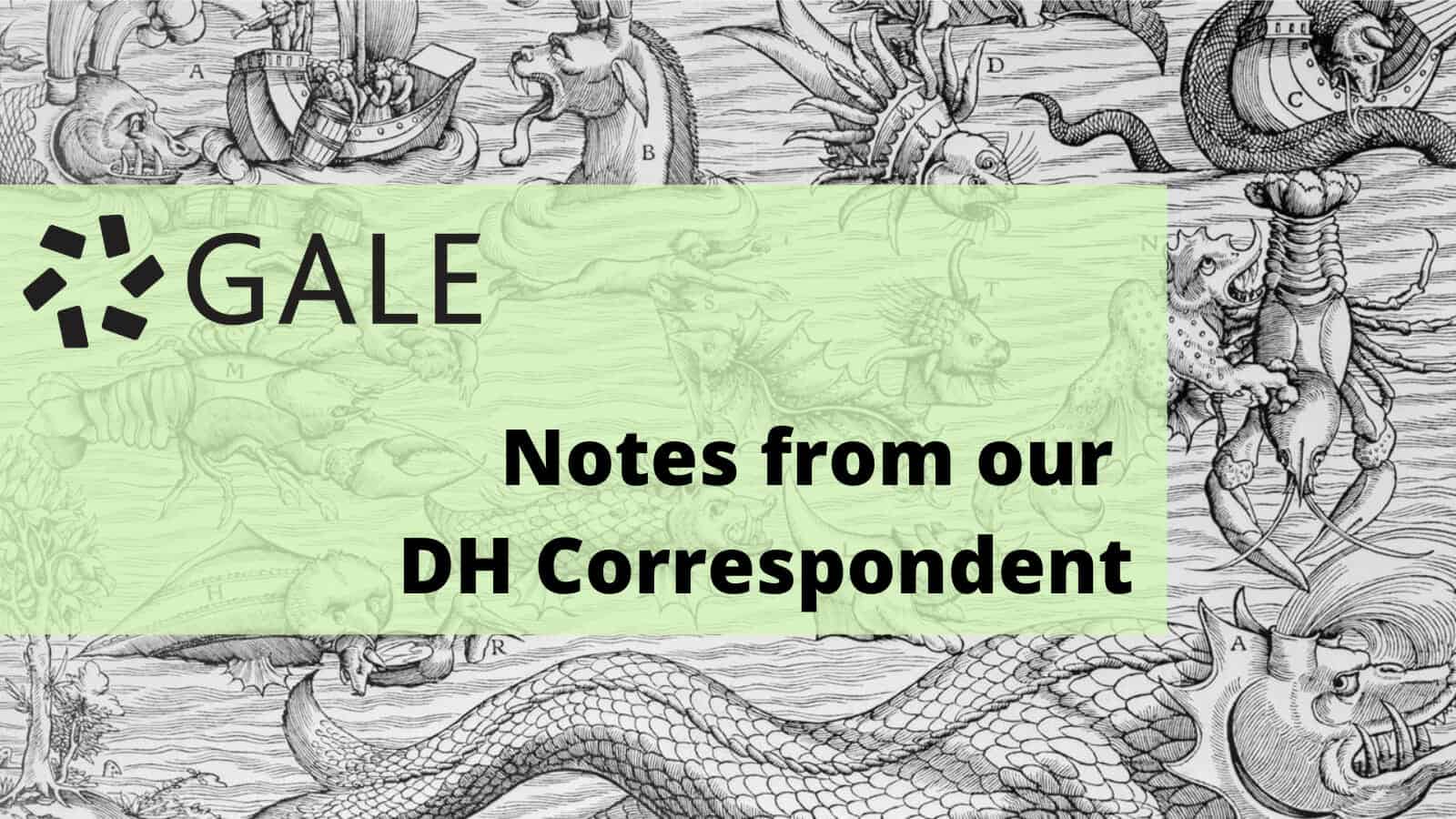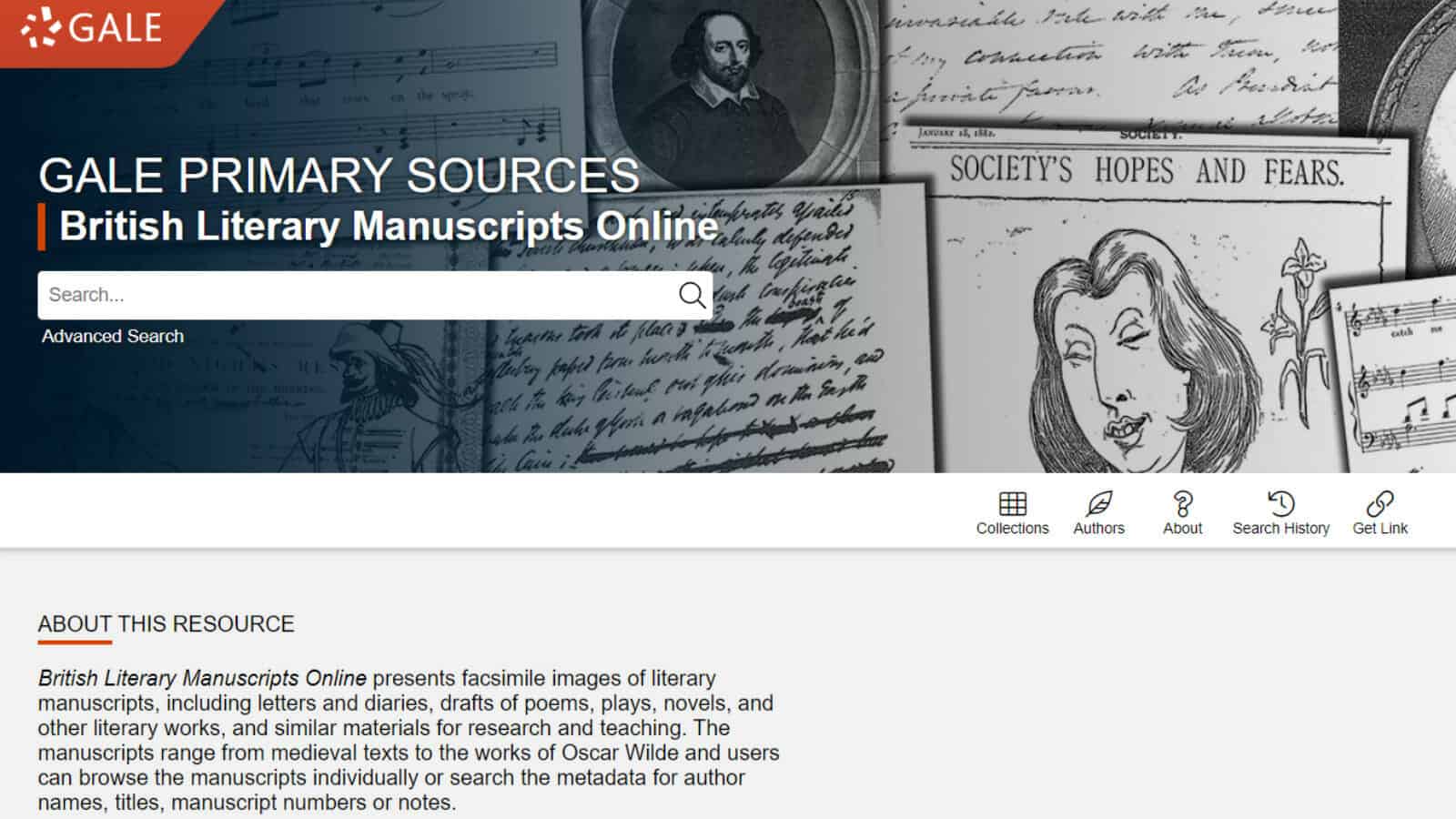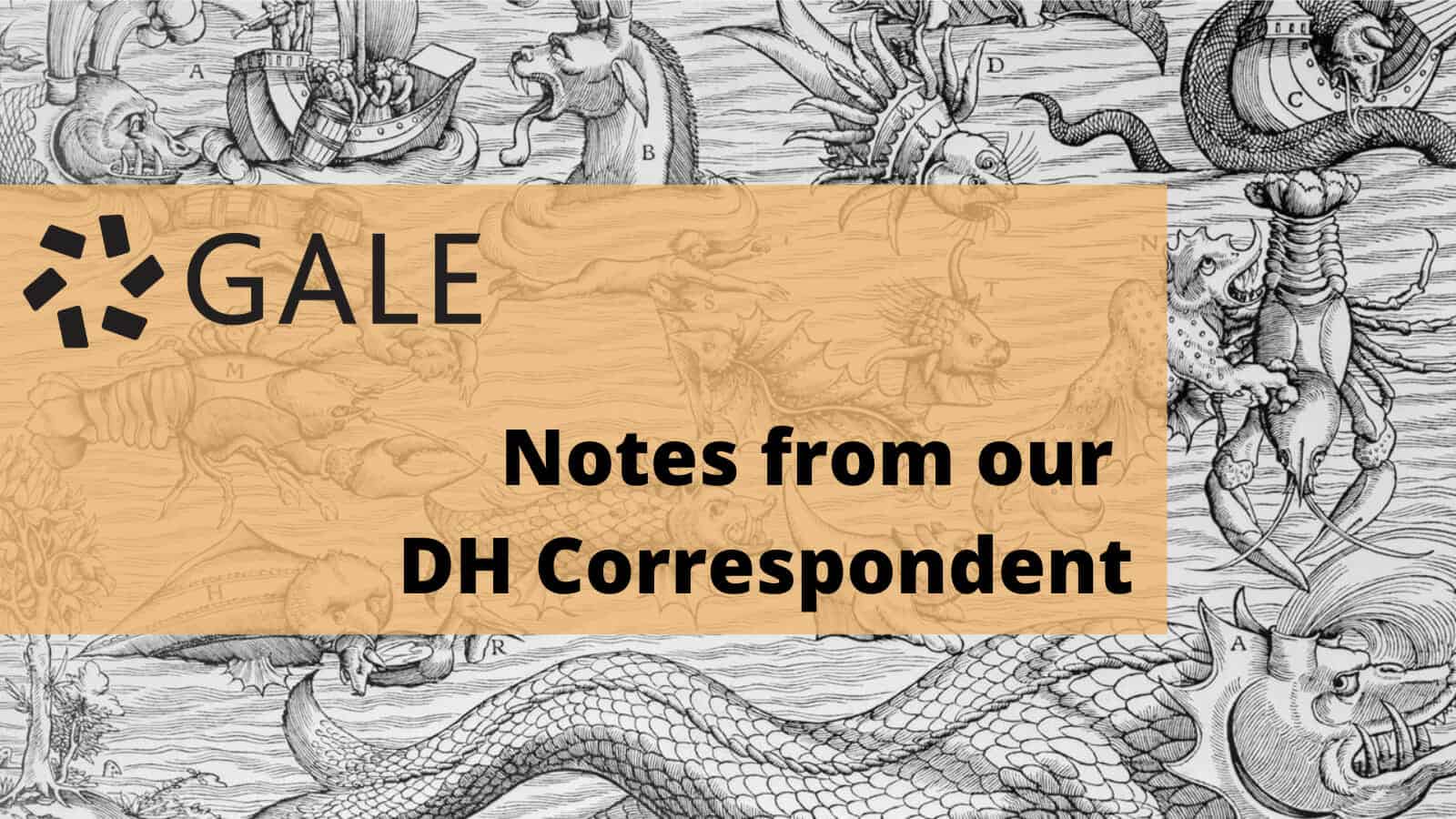|By Liping Yang, Senior Manager, Academic Publishing, Gale|
November 2023 marks the 180th anniversary of Shanghai being opened to foreign trade in accordance with the provisions of the Treaty of Nanjing and the Treaty of the Bogue, which were signed after the First Opium War between China and Britain.
Coincidentally, in the same month, Gale Primary Sources rolled out a thematic digital archive that features the history of Shanghai. Titled China and the Modern World: Records of Shanghai and the International Settlement, 1836–1955, this new archive provides an extraordinary primary source collection vital to understanding and researching the social, political, and economic history of the Anglo-America-dominated yet highly globalised International Settlement in Shanghai, as well as the history of modern China.

